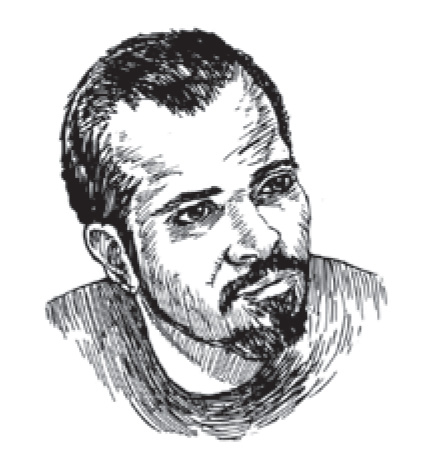Basquiat is repeat-viewing essential for anyone obsessed with black bohemian manhood. Back in 1996, Jeffrey Wright captured with an eerie precision the tragic fragility and prodigious talent of the self-destructive young painter in his prime. Since then, few other actors this side of Leonardo DiCaprio have embodied so many historical figures so spot-on—Muddy Waters (Cadillac Records); Martin Luther King Jr. (Boycott); Colin Powell (W.); Bobby Seale (Chicago 10). Broadway playwright Suzan-Lori Parks won a Pulitzer for 2002’s Topdog/Underdog with the help of Wright’s excellent turn in the co-lead role. (Wright himself had already won a Tony Award for 1994’s Angels in America, the first of his three collaborations with director George C. Wolfe.)
The next decade brought Wright a wife in actress Carmen Ejogo, two kids, and not a little bit of Hollywood disillusionment. In 2011, both The Ides of March and Extremely Loud and Incredibly Close showcased Wright in similar ways, with brief appearances at the beginning and scene-stealing lines toward the end. The actor spends a substantial amount of his time these days traveling to Sierra Leone to manage his philanthropic Taia Peace Foundation.
You have reached your article limit
Sign up for a digital subscription and continue reading all new issues, plus our entire archives, for just $1.50/month.
Already a subscriber? Sign in





